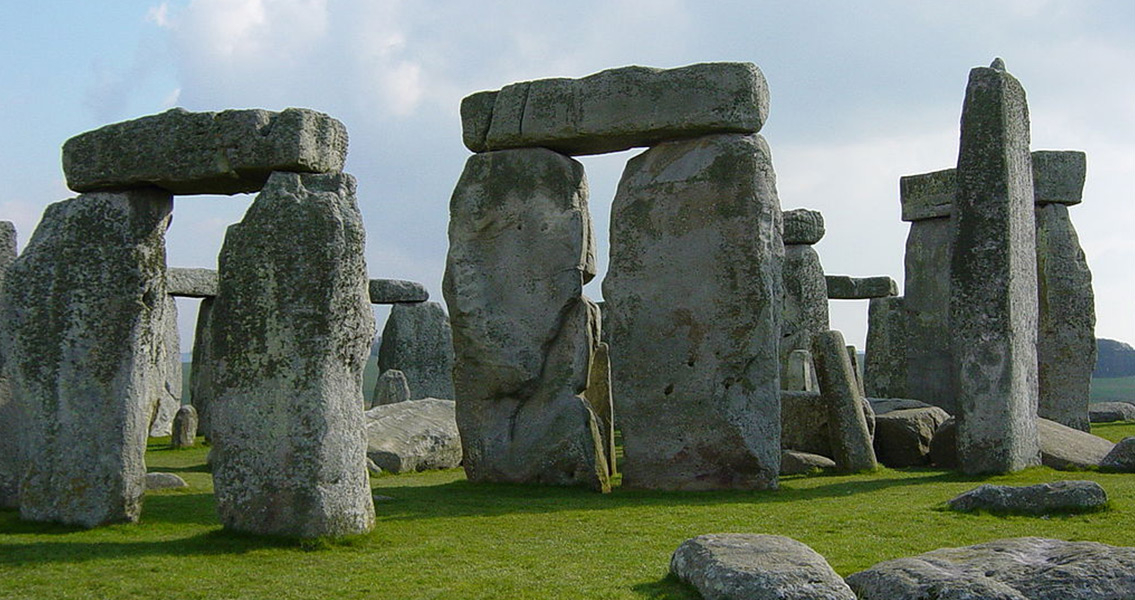<![CDATA[According to Buckingham Today, a groundbreaking discovery has been made which could affect Prime Minister David Cameron's plans to build a road tunnel near Stonehenge. Archaeologists from the University of Buckingham have discovered a Mesolithic campsite near the ancient shrine, which could reveal for the first time how Britain's ancient ancestors lived. However, the site could be damaged if the plans for a tunnel are continued. The plan is to build a 1.8 mile tunnel, as part of a #2 billion investment announced by Cameron to divert traffic on the A303 away from the Stonehenge site. During an archaeological dig however, charcoal was dug up from the Blick Mead campsite about a mile and a half from Stonehenge, which has now been scientifically tested and revealed to date back to around 4,000BCE. The digging process also revealed evidence of possible structures in the only untouched camp in the Stonehenge World Heritage Site, according to the University. There is also evidence of ancient feasting, including remains of bulls, called aurochs, which were eaten by early hunter gatherers, and multiple tools. University of Buckingham researcher David Jacques discovered this on a dig as part of the University's Archaeology Masters course in October. He stated, "British pre-history may have to be re-written. This is the latest-dated Mesolithic encampment ever found in the UK. Blick Mead could explain what archaeologists have been searching for for centuries - an answer to the story of Stonehenge's past. But our only chance to find out about the earliest chapter of Britain's history could be wrecked if the tunnel goes ahead." Prime Minister David Cameron is campaigning for re-election in 140 days, while the archaeologists are determined to get the opportunity to find out how their ancestors lived 6,000 years ago. This could put major pressure on the Prime Minister's campaign. The Blick Mead site discovered at Stonehenge provides a link from the early hunter gatherer groups that returned to Britain after the Ice Age, all the way through to the Neolithic time period in the late fifth millennium BCE, according to Mr. Jacques. He also stated, "Britain is beginning across this time period. Blick Mead connects a time when the country was still joined to the mainland to it becoming the British Isles for the first time." Could Stonehenge have been built as a monument to the ancestors from the deepest era of Britain's past? Professor Tim Darvill of Bournemouth University is pondering this question and believes that the discovery at Stonehenge is one of the most important in over 60 years. More than 1,000 students have already signed up for the new Stonehenge online study course offered by the University of Buckingham, in the hope of learning more about Britain's past. This shows just how much interest there still is in the country's archaeological mysteries. Photo Credit: Wikimedia commons user: Daveahern]]>
6,000 Year Old Campsite Found at Stonehenge
